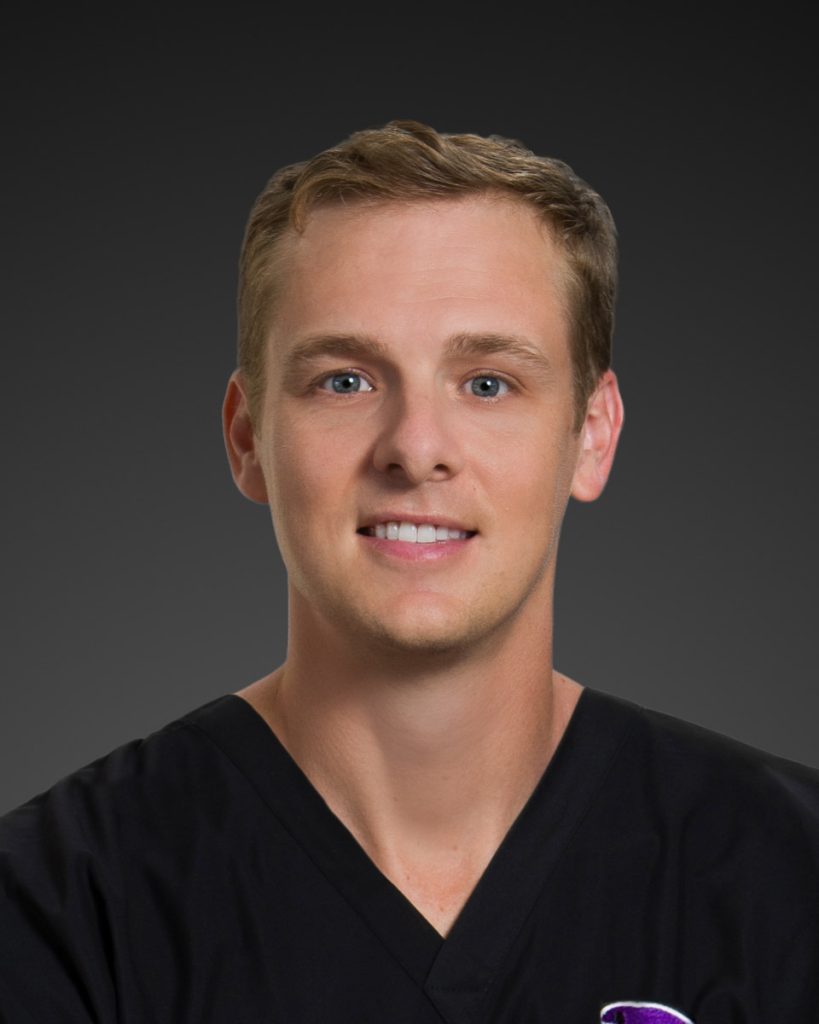Millions of people each year are making appointments with their doctors complaining of shoulder pain and upper arm and muscle strain. Over half of these visits, the shoulder pain was caused by injuries to the rotator cuff. Shoulder injuries are commonly seen in athletes that engage in repetitive overhead motions such as, swimming, pitching, and weightlifting. Injuries also occur during day-to-day activities like gardening, reaching for something on a shelf or household chores. As we age, wear and tear of the shoulder can often result in a decrease of range and motion and have a substantial impact on our day-today activities and routines. You don’t walk on your shoulders, but the shoulder joint is just as susceptible to wear and tear as your knees and/or hips.
Arthritis (thinning/loss of cartilage lining of the joint) and tears in in the rotator cuff tendon (a group of muscles that help lift and rotate the shoulder) are the most common culprits of shoulder wear and tear, pain and decreased range of motion.
Some of the early symptoms of shoulder arthritis and rotator cuff tears are:
- Dull ache deep in the shoulder
- Restless sleep, particularly if you lie on the affected shoulder
- Difficulty combing your hair or reaching behind your back
- Arm weakness
There are several common risk factors associated with arthritis of the shoulder and rotator cuff tear:
- Age
- Individuals over 60 are more prone to osteoarthritis
- individuals over 40 become more susceptible to rotator cuff tears.
- Prior injuries
- Shoulder Dislocation- can accelerate the onset of arthritis due to loss and thinning of cartilage around the joint.
- Repetitive overhead activities and professions
- Certain sports such as, baseball, weightlifting and tennis.
- Certain professions, particularly construction jobs such as, painting, and carpentry.
Shoulder arthritis presents as gradually increasing pain and loss of motion making it difficult to complete basic tasks such as getting dressed, combing your hair and reaching for a book on a shelf. Rotator cuff tears may also be present with pain, but are often accompanied by weakness and atrophy, making it difficult to reach overhead or lift things away from the body. Rotator Cuff injuries can also result from a certain single injury and in these cases, you should seek medical care immediately.
There are several surgical and nonsurgical treatment options for shoulder arthritis and rotator cuff tears. If shoulder pain is interfering with your daily activities or quality of life, it may be a good idea to consult an orthopedic surgeon specializing in sports medicine. When patients come to see me, I will complete a routine physical exam that will include pressing and moving the arm in different positions to test the strength and range of motion of the shoulder. I may also order some imaging tests to further determine the cause(s) of pain. Once I can diagnose the problem, we will talk about what options you have. If I can treat your shoulder pain without surgery, I think it is the best option. Some of the non-surgical options to consider, include:
- Rest or change in activities.
- Physical therapy exercises to improve the range of motion in your shoulder.
- Nonsteroidal anti-inflammatory medications (NSAIDs), such as aspirin or ibuprofen, may reduce inflammation and pain.
- Corticosteroid injections in the shoulder can dramatically reduce the inflammation and pain, but the relief is often short lived
- Moist heat may relax sore and tightened muscles,
- Icing the shoulder for 20-30 minutes 2-3 times daily can reduce inflammation and reduce pain.
If your shoulder pain persists after exploring conservative, non-surgical options, you may want to consider surgery. Some surgical options may include:
- arthroscopy,
- tendon repair
- total shoulder replacement.
If shoulder pain is interfering with your day-to-day activities or is persistent, don’t wait to be evaluated. The sooner you address your shoulder pain, the greater the chance that we will have more treatment options available to you. I want my patients to know that we are a team and we’re in this together to devise the best treatment plan for YOU! If you are suffering from shoulder pain or your level of function is just not where you want it to be, give the clinic a call…together we will work to get you pain free and back to your desired level of function!

Andrew Patton, MD is a fellowship trained orthopedic surgeon specializing in sports medicine at Orthopedic Specialists of Louisiana in Shreveport and Bossier City. To schedule an appointment with Dr. Patton, please call (866)759.9679 or visit: orthopedicspecialistsla.com


